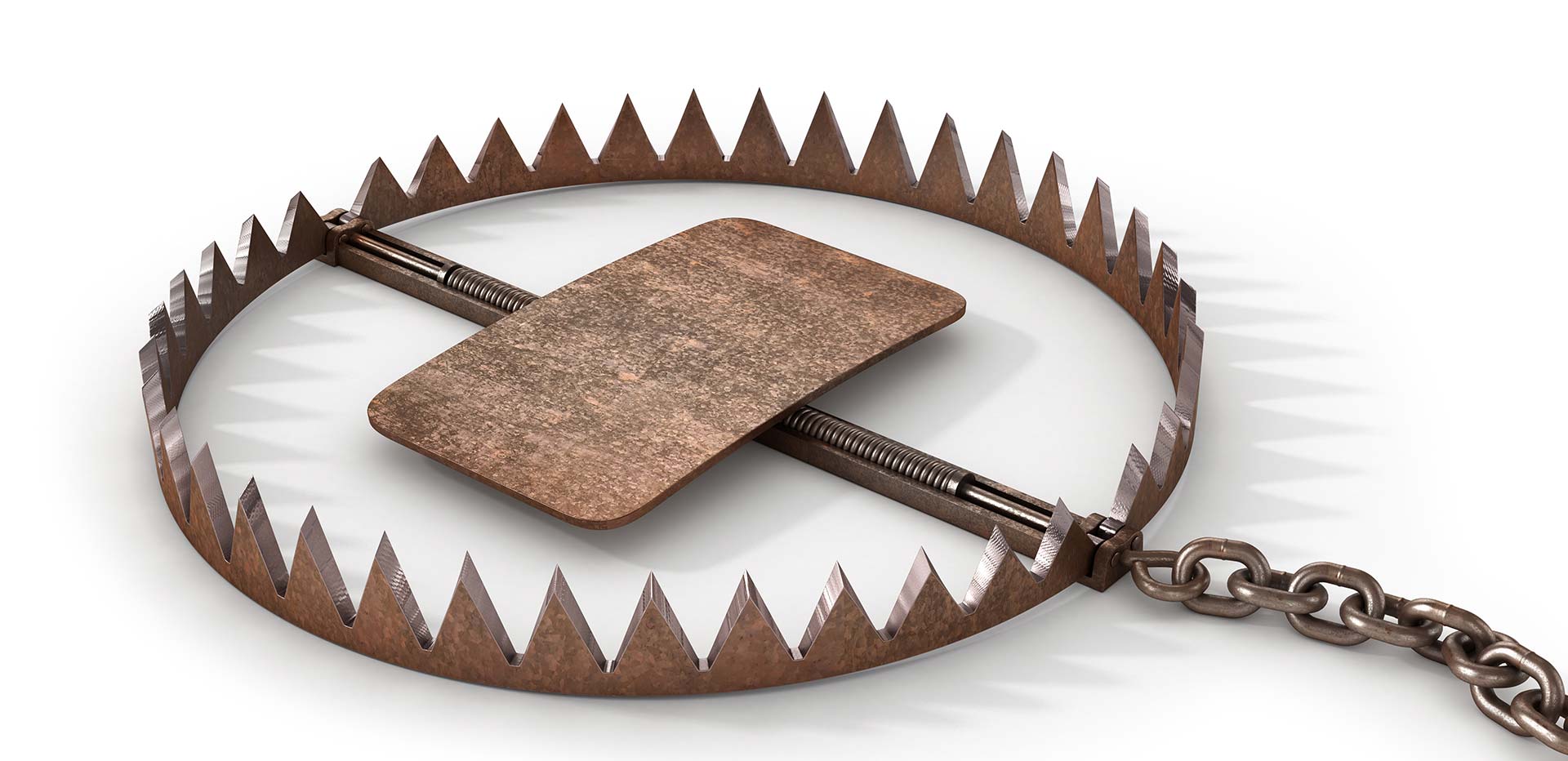Dear Readers,
It is conventional wisdom that economies worldwide have become overrun with so-called “junk fees.” This term classically refers to unexpected charges (often hidden in the fine print) that a lender imposes at the closing of a mortgage. Increasingly, however, it has come to refer to fees in various other products and services, including credit card late fees, bank overdraft fees, excessive event fees, airline family ticketing fees, early termination fees for telecom or TV services, hidden hotel booking fees, and surprise resort fees, to name but a few.
The issue has entered the limelight again of late, due in large part to U.S. President Biden’s recent initiative to eliminate them for consumers, as again highlighted in his latest State of the Union address. The articles in this Chronicle address some of the antitrust (and other policy) implications of the war against junk fees as it plays out in the U.S. and worldwide. Nobody believes that junk fees can be eliminated forever, but lessons can be learned from past and ongoing initiatives by both consumer groups and policymakers to at least mitigate their impact and reduce the possibility (and incentives) for service providers to attempt to impose them. On the other hand, dissenting voices note that some fees commonly categorized as “junk” reflect legitimate forms of pricing that allow for greater consumer choice by enabling them to opt in or out of certain aspects of products or services that
...THIS ARTICLE IS NOT AVAILABLE FOR IP ADDRESS 216.73.216.213
Please verify email or join us
to access premium content!

